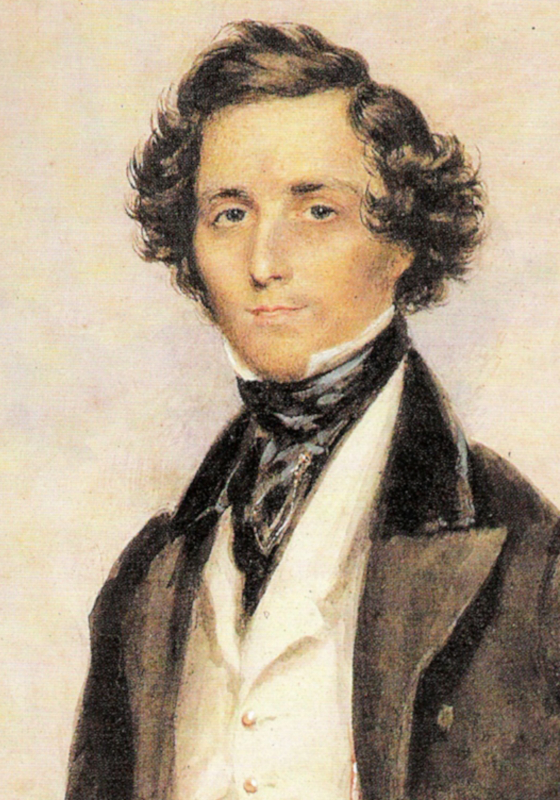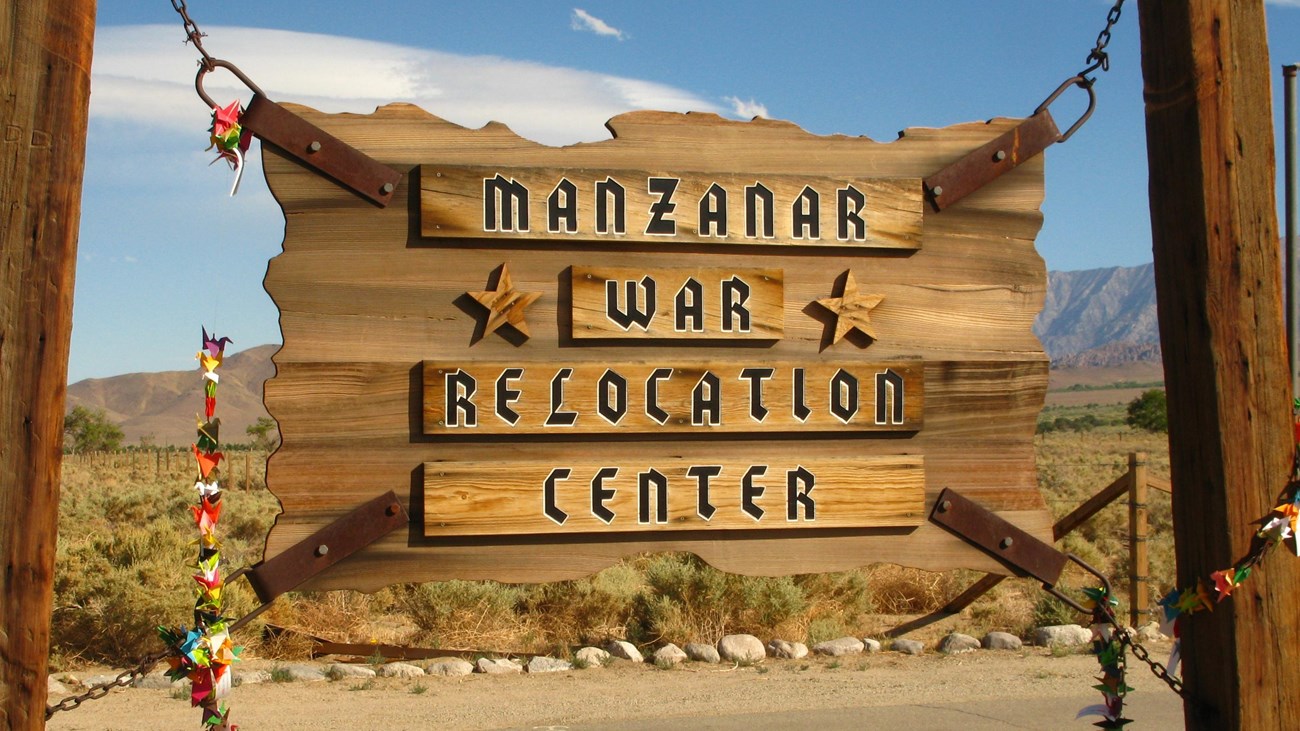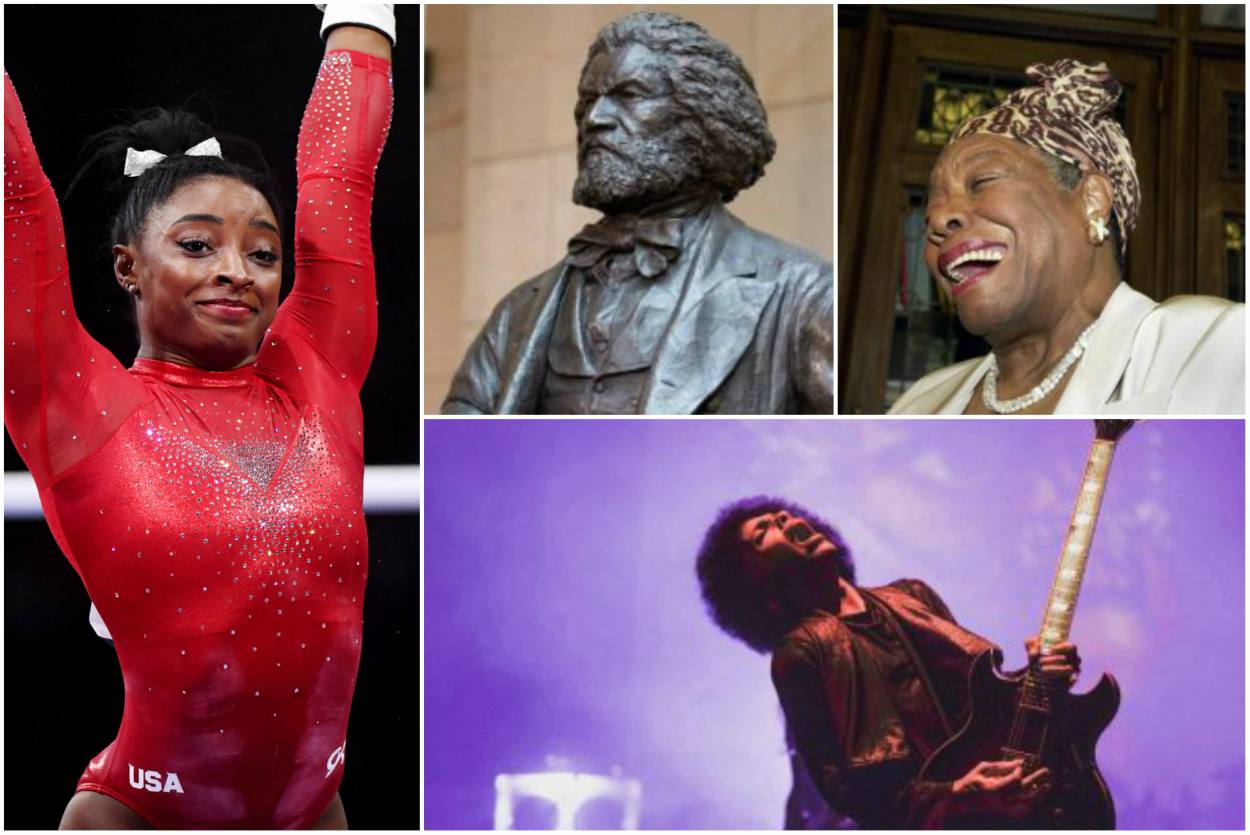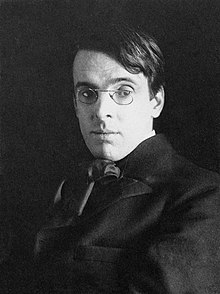Back from my time away (about which I will have more share next week) to urge everyone to pray for our Muslim brothers and sisters today. Ramadan, one of the greatest events in the Muslim calendar, begins tonight. Thirty days of fasting, culminating in the feast of Eid al Fitr, Ramadan is a time for every Muslim to take time to celebrate and reflect on his or her relationship with Allah and the world. It's a season of hope, wonder, mourning, and contemplation, a slice of the year in which Muslims, like most people of faith, take time to focus more intensely on why they live as they do.
You may not agree with the tenets of Islam; you may not like the beliefs most Muslims hold; you may be uncomfortable with Islam in general; you may even be frightened of Islam.
There's much more to believe than what we see.





 Without revelation, as the writer says, we miss the point. We live in a closed world, a terminal system. We cannot see beyond ourselves. Revelation is the higher ideal, the greater meaning without which we cannot make sense of who we are. Absent revelation, we wallow in the speculations of our finitude, even while we remain fully aware of our tendency to look beyond it.
Without revelation, as the writer says, we miss the point. We live in a closed world, a terminal system. We cannot see beyond ourselves. Revelation is the higher ideal, the greater meaning without which we cannot make sense of who we are. Absent revelation, we wallow in the speculations of our finitude, even while we remain fully aware of our tendency to look beyond it.

